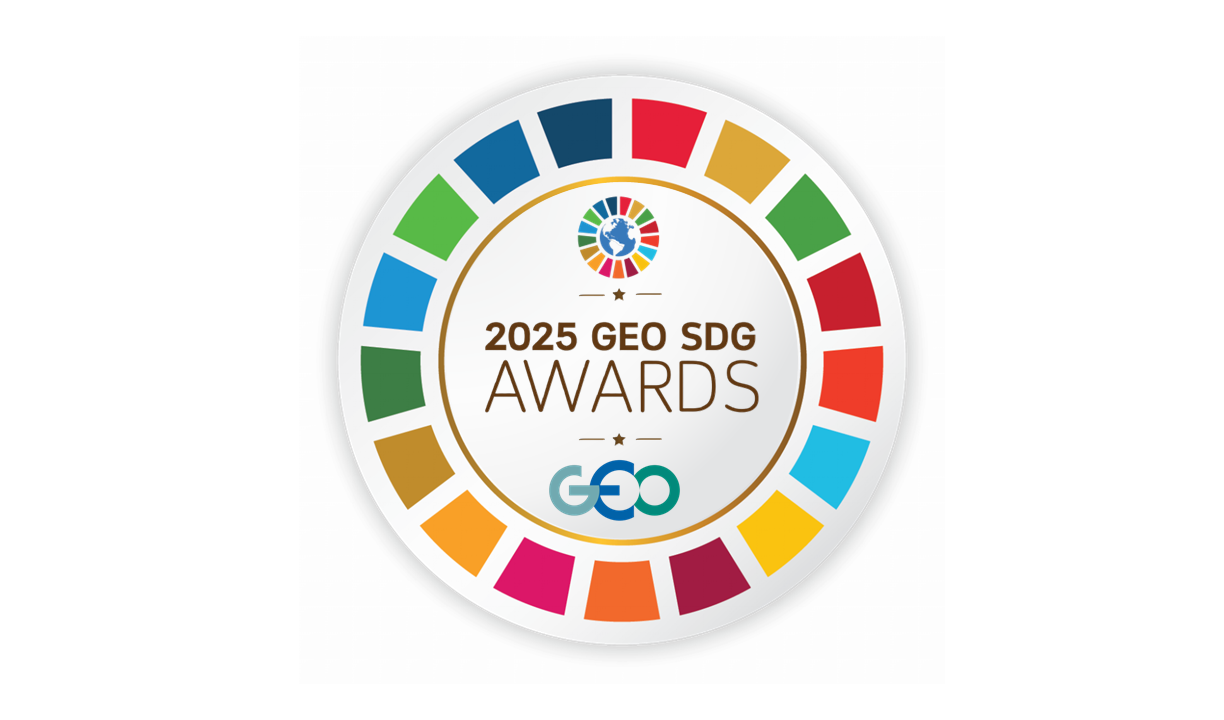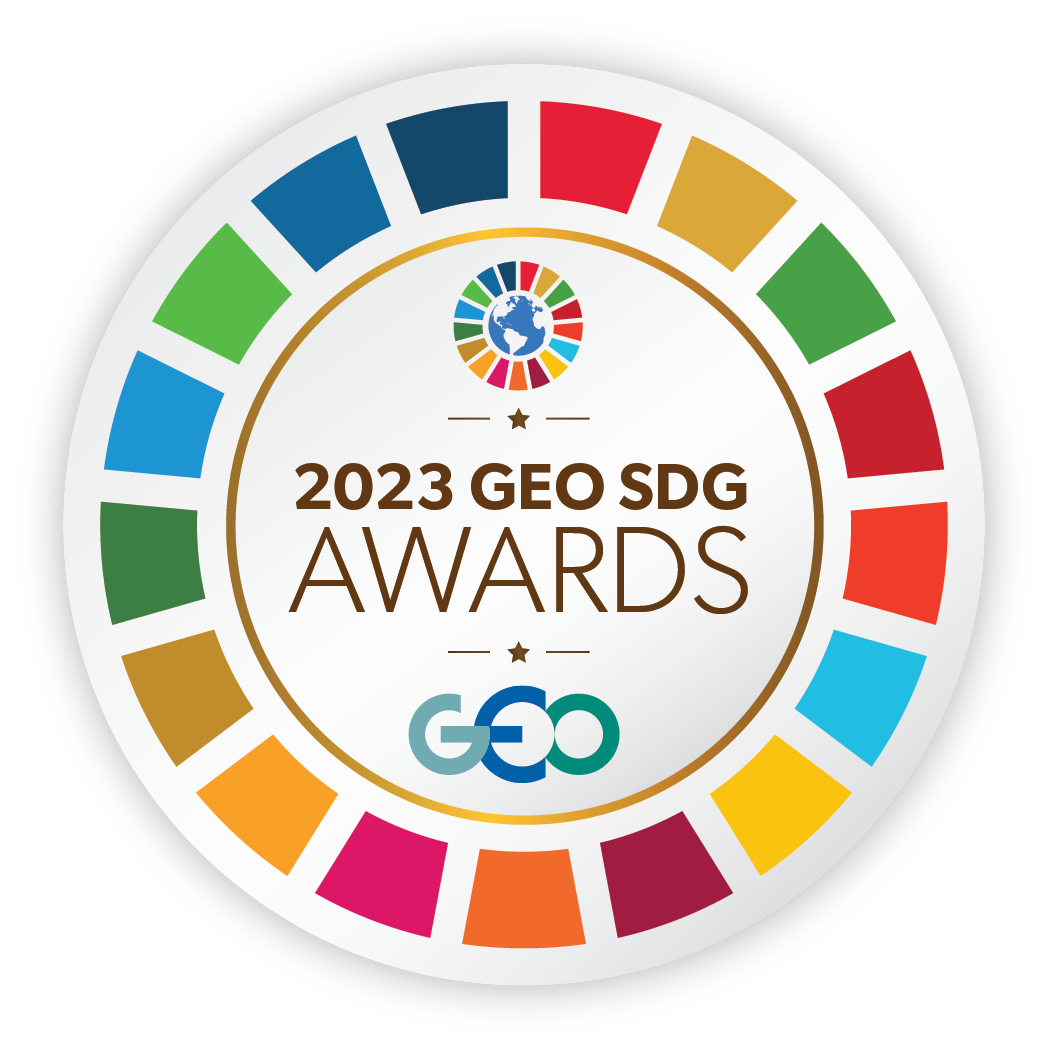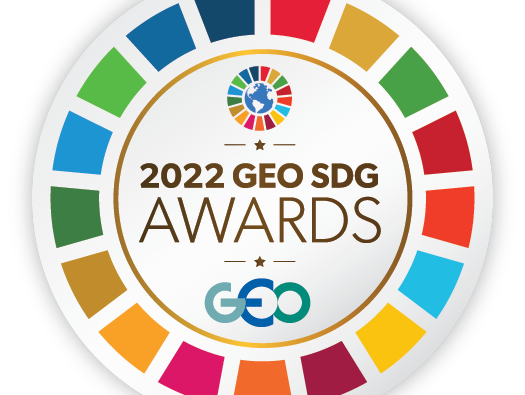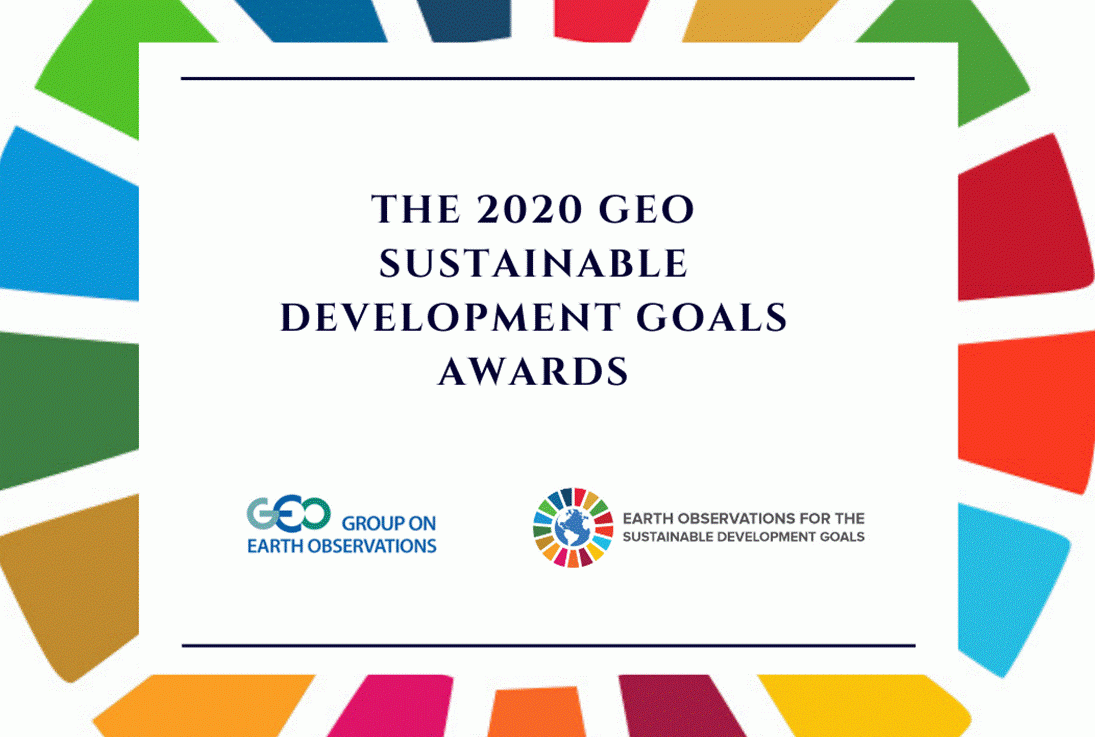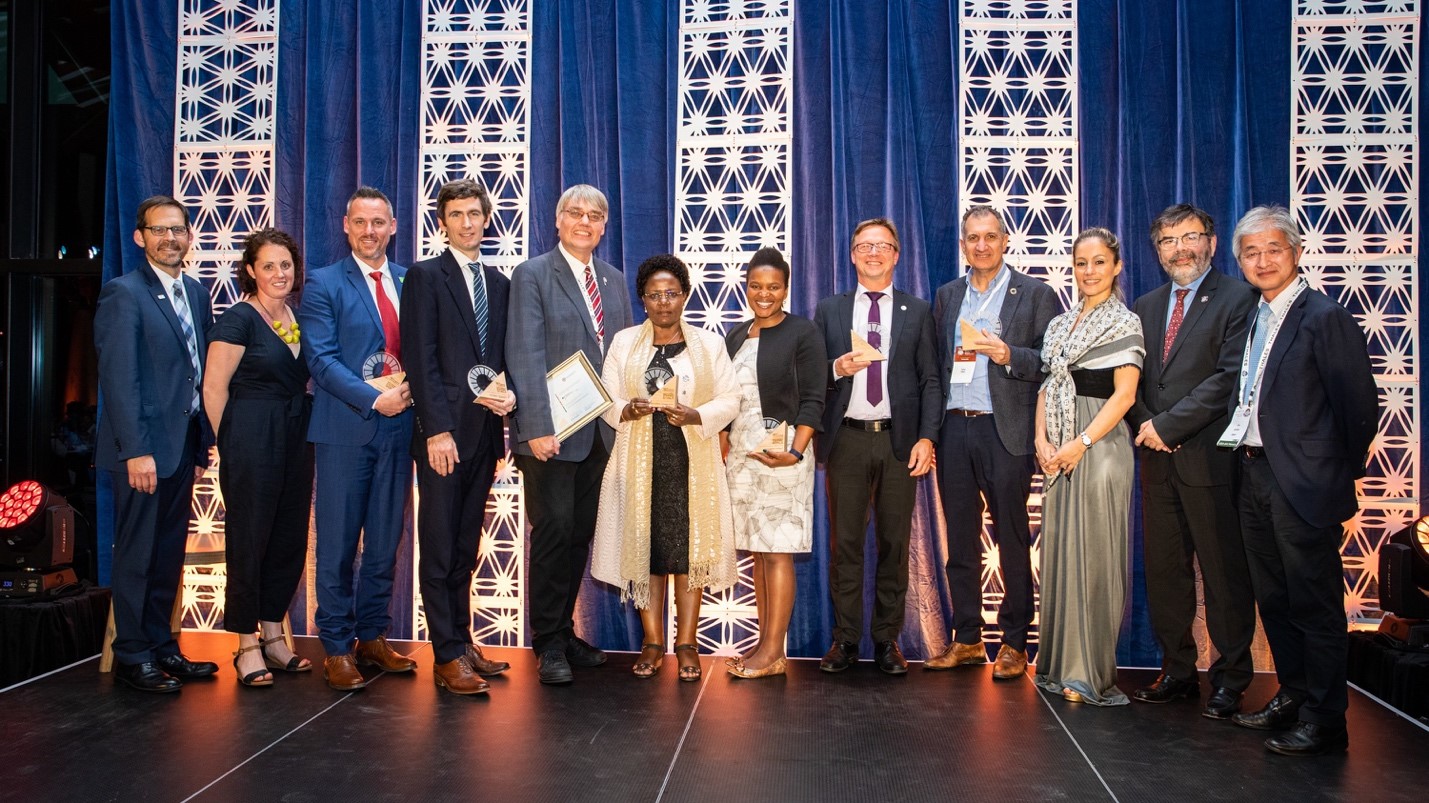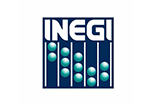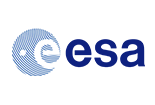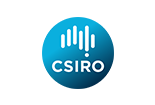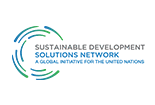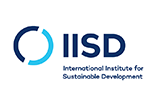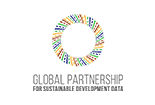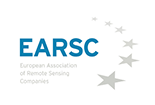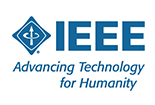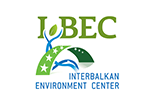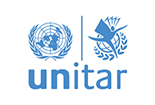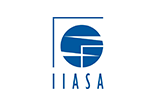About |
Nominate |
Selection Criteria |
Key Dates |
Evaluation Panel |
FAQ & Resources |
The GEO SDG Awards Program offers two types of awards: Sectoral Category Awards and Special Category Awards.
Sectoral Categories
Sectoral Category Awards focus on the type of organization and nature of the work. Nominees will designate at least one Sectoral Category for their nomination, and they will be considered according to one Sectoral Category. If multiple categories are indicated and the nomination is scored high, the evaluators will determine which category to designate the award for.

- GEO Member Countries: Endeavors pursued primarily by one or more national-level government ministry, department, or equivalent of a GEO Member Country.
- GEO Participating Organizations: Activities led by the intergovernmental, international, or regional organizations that are designated GEO Participating Organizations.
- GEO Work Programme: Projects led by one or more Flagship, Initiative, Community Activity, or Foundational Task (except Secretariat Operations) in the GEO Work Programme.
- GEO Associates: Activities pursued by the commercial, non-governmental, not-for-profit, or civil society organizations that are official GEO Associates.
- SDG Custodian Agencies: Endeavors pursued by any organization that has a mandated responsibility as a Custodian Agency for one or more SDG goals, target, or indicators.
- Academia: Projects pursued by an academic institution.
- Inter-governmental Organizations (IGOs): Activities involving organizations from two or more nations.
- Commercial Sector: Activities led by a for-profit business or organization.
- Civil Society: Endeavors pursued by community, non-government, or non-profit organizations.
- Youth: Projects led by students and early career scientists (from high school age to 30 years old).
The following criteria are used to evaluate the nominations for the Sectoral Category Awards:
-
-
- Merit: Quality, effectiveness, and soundness of the Earth observation-based endeavor.
-
- Relevance: Aligns with objectives of SDGs and GEO’s vision and strategic objectives, and supports the use of Earth observations in countries’ or stakeholders’ activities and processes to meet SDG targets and/or report on SDG indicators.
-
- Innovation: Creative and innovative use of Earth observations.
-
- Achievement: Clear results and distinct accomplishments (i.e., not a work-in-progress or expectations of future results).
-
- Impact: Value and level of positive social, economic, and/or environmental benefits.
-
- Exemplariness: A commendable example and strong representation of the use of Earth observations for the SDGs that is worth showcasing; an endeavor which might motivate others.
-
Special Categories
Four Special Category Awards recognize specific key tenets related to the integration of Earth observations and sustainable development. All nominees will be considered for these awards.
Innovation
-
-
- Exceptional ingenuity and originality in the use of Earth observations to drive progress on, and help track and monitor one or more SDG targets and indicators.
- Soundness of the technique and demonstrated potential for scalability and replicability.
-
Testimonial/Story
-
-
- An inspirational story and concrete example that clearly and accurately describes the impact of Earth observations on beneficiaries or partners, and is delivered in a manner that is authentic, creative, and original.
- Specificity and clarity regarding the connection between Earth observation uses and SDG target(s)/ indicator(s).
-
Statistical-Geospatial Integration
-
-
- Soundness of the technique to integrate statistical and geospatial data, including Earth observations, to support the measuring and monitoring of SDG targets and/or indicators.
- Specificity and clarity regarding data sharing efforts between institutions through interoperability of geospatial and statistical information and the development of common tools and applications.
-
Collaboration
-
-
- Effective and impactful engagement among two or more sectoral categories through sharing of ideas, resources, expertise, Earth observation data, methods, and tools in support of SDG target(s) / indicator(s).
- Impact and potential for sustainability.
-



